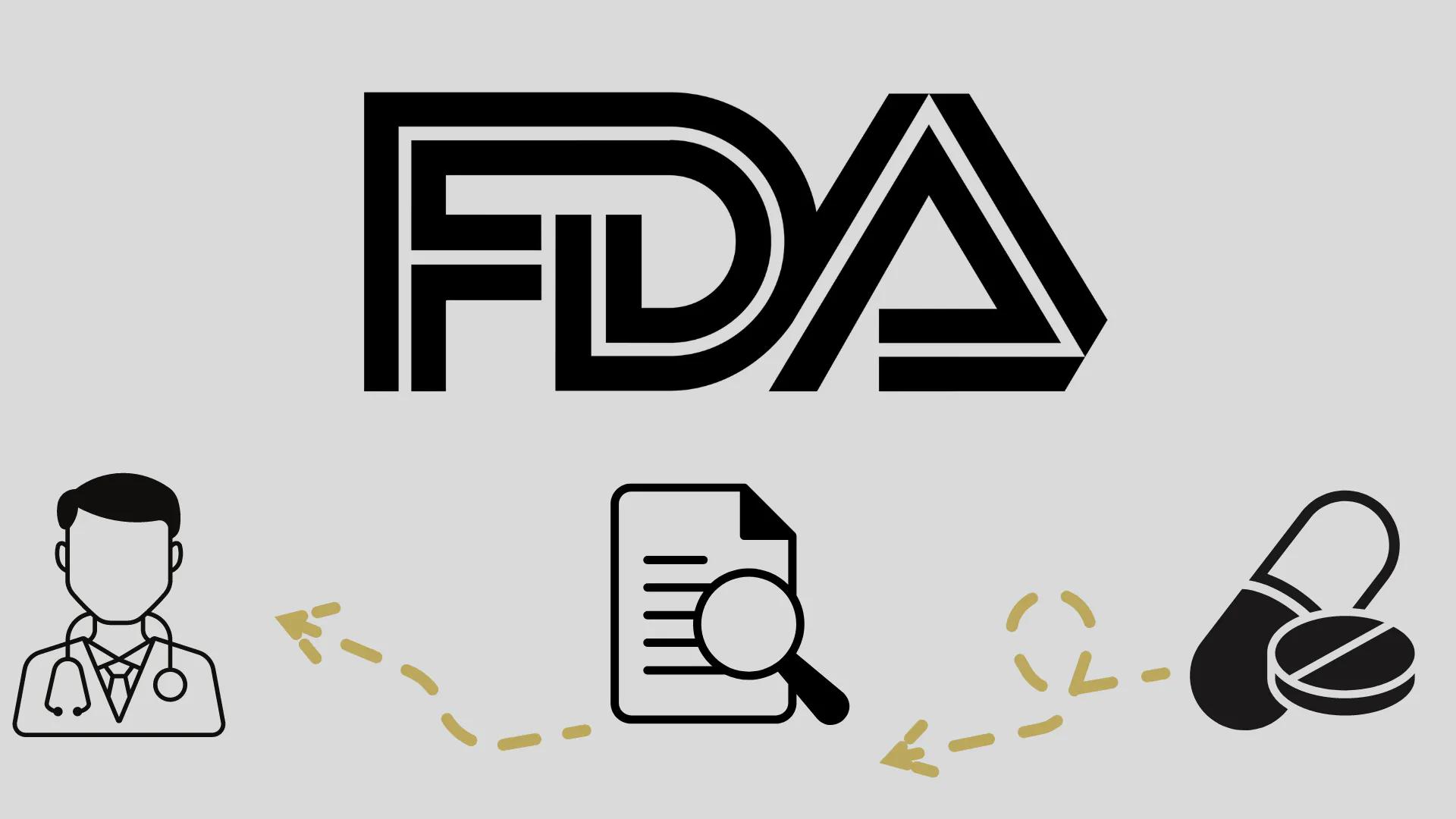
FDA Grants Fast Track Designation to IVS-3001 for RCC

IVS-3001, a chimeric antigen receptor therapy developed to target and kill HLA-G-bearing cells, is currently in late-stage preclinical development for the treatment of solid tumors.
The FDA has granted a fast track designation (FTD) to IVS-3001, a chimeric antigen receptor (CAR) T-cell therapy, for the treatment of patients with renal cell carcinoma (RCC), according to Invectys, Inc.1
Compelling data from the investigational new drug application submission for IVS-3001 seeking approval of a first-in-human, single-arm, open-label, phase 1/2 trial (NCT05672459) serve as the basis for this FTD.
The first-in-human, single-arm, open-label, phase 1/2a trial plans to investigate the safety, tolerability, pharmacokinetics, and clinical activity of IVS-3001 when given to patients with previously treated, locally advanced, or metastatic solid tumors which are HLA-G-positive.2
"We are thrilled to receive the FDA’s fast track designation for IVS-3001," said Jake Kushner, MD, chief executive officer of Invectys, in a press release. "This recognition further validates the potential of our CAR T-cell therapy in revolutionizing cancer treatment for patients with solid tumors. The dedicated team at Invectys, as well as our partners, are committed to bringing this innovative therapy to the clinic and making a meaningful difference in the lives of cancer patients."
The autologous CAR T-cell therapy, IVS-3001, is a cutting-edge immunotherapy which aims to target and kill HLA-G-bearing cells. The tumor-specific antigen, HLA-G, is typically only expressed during pregnancy and protects the fetus from the mother's immune system. In cancer however, tumors can use HLA-G by creating a protective microenvironment, evading the immune system, and promoting tumor growth.
IVS-3001 aims to target this mechanism to restore the body's natural defense to fight cancer effectively and covers the main immuno-suppressive HLA-G isoform expressed by carcinoma. The product is currently in late-stage preclinical development.
In vivo, IVS-3001 has demonstrated its ability to migrate to tumor sites and destroy HLA-G-bearing cells, and in preclinical models, anti-HLA-G CAR T cells have shown a near-total absence of tumor growth.3
In the proposed study, IVS-3001 may be administered to up to 117 patients, with up to 24 treated in phase 1 dose-escalation portion, and up to 93 in phase 2a of the study.4 Those enrolled will be patients with histologically or pathologically confirmed locally advanced unresectable or metastatic HLA-G-positive select solid tumor malignancy who failed or intolerant to standard of care therapies known to confer clinical benefit per treating physician, measurable disease, life expectancy of >12 weeks, an ECOG performance status of 0 or 1, adequate venous access for apheresis, and adequate organ function.
REFERENCES:
FDA grants fast track designation to IVS-3001, a CAR-T cell therapy in the treatment of renal cell carcinoma. News release. Invectys, Inc. July 31, 2023. Accessed August 1, 2023.
https://tinyurl.com/4tkxjn2k A safety and efficacy study of HLA-G- targeted CAR-T cells IVS-3001 in subjects with previously treated advanced HLA-G-positive solid tumors. ClinicalTrials.gov. Updated June 23, 2023. Accessed August 1, 2023. https://clinicaltrials.gov/study/NCT05672459
Pipeline. Invectys, Inc. Accessed August 1, 2023.
https://www.invectys.com/products-pipeline/ivs-3001-anti-hla-g-car-t-cells/ Invectys and CTMC announce FDA clearance of IND application for anti-HLA-G CAR-T cell therapy. News release. Invectys, Inc. December 20, 2022. Accessed August 1, 2023. https://tinyurl.com/3vztrdfh







































